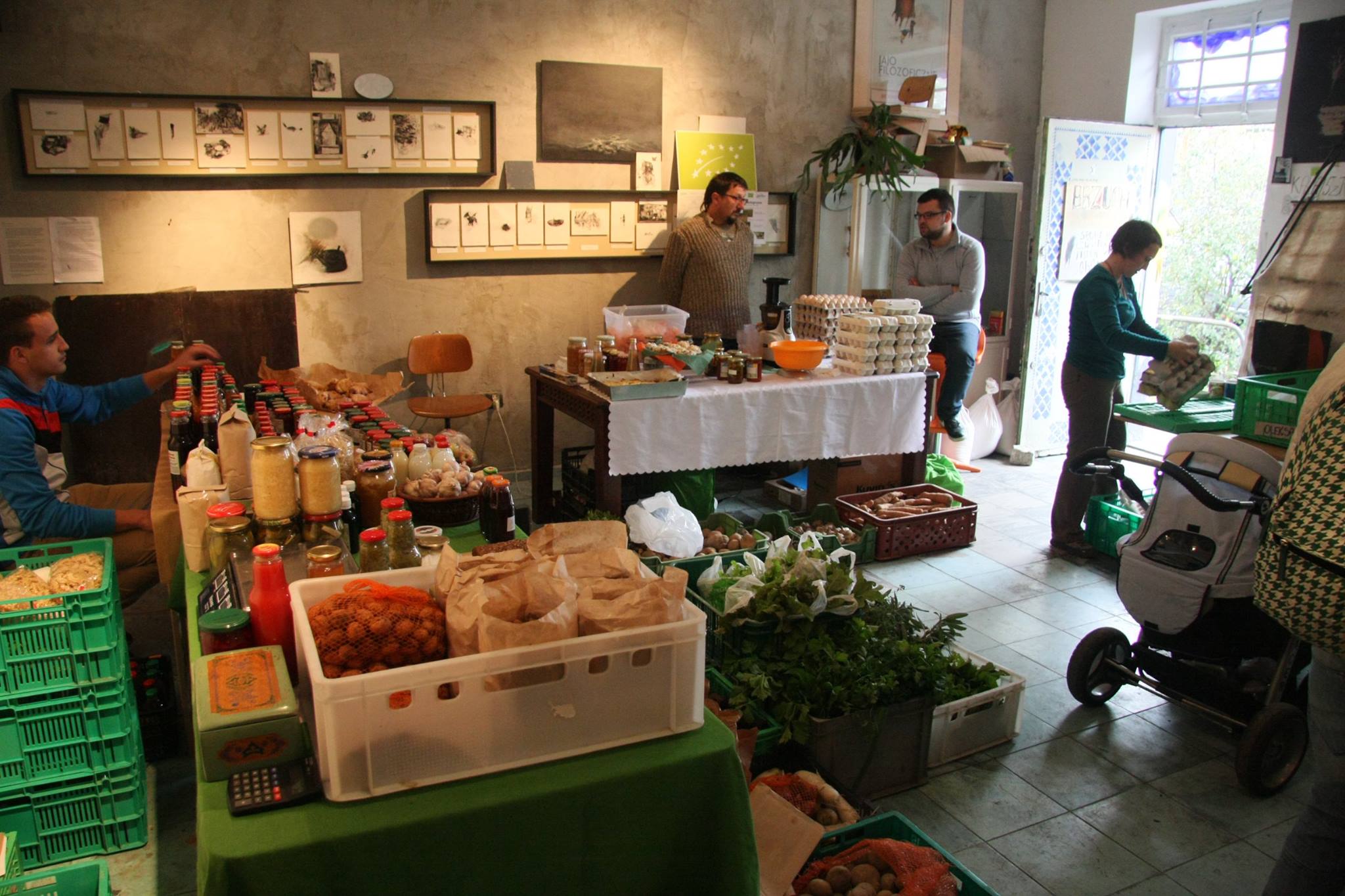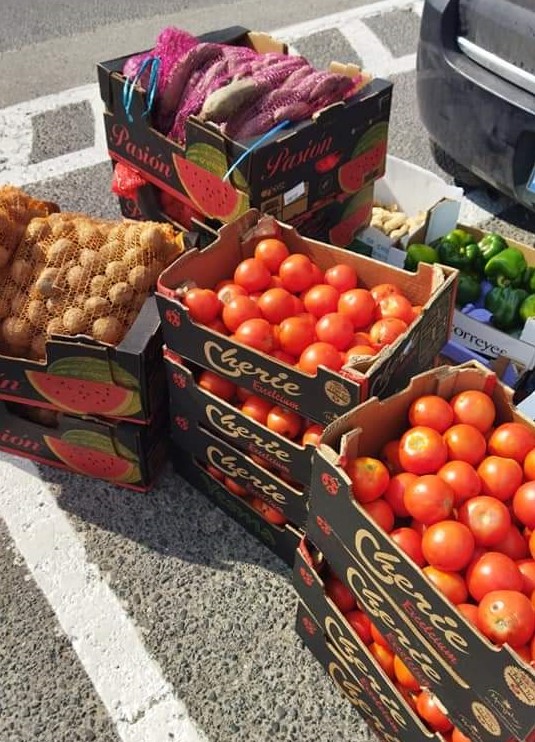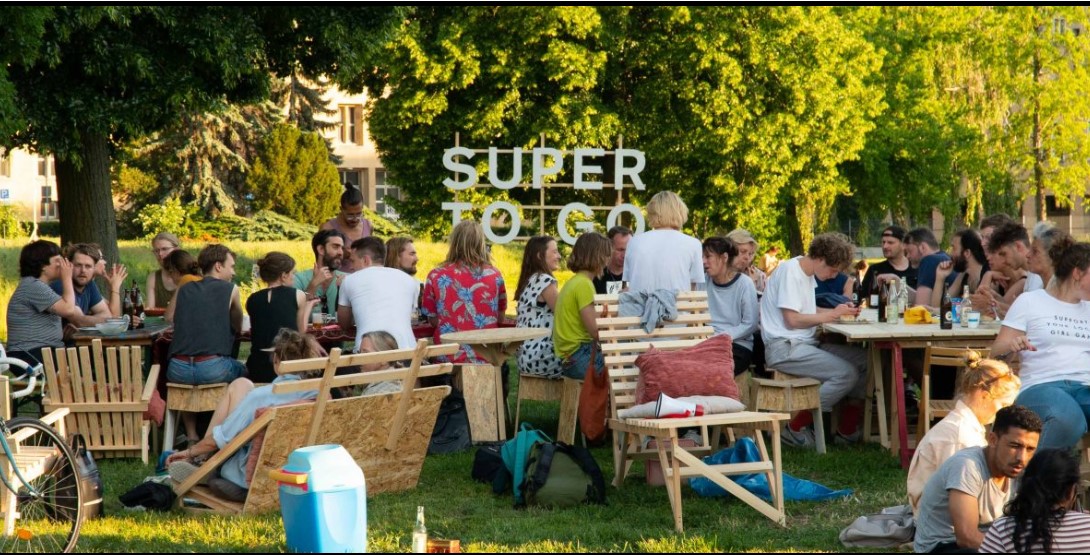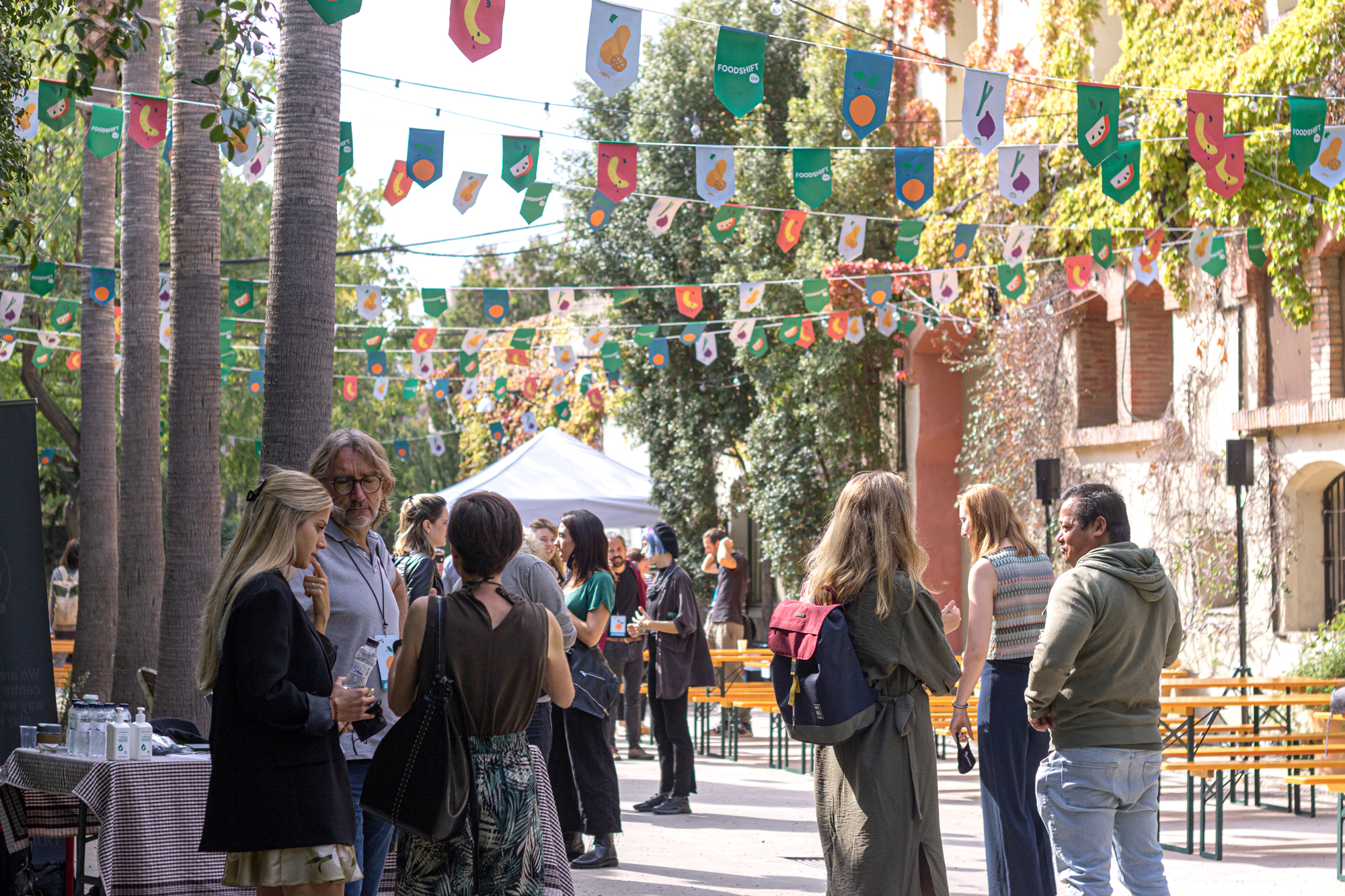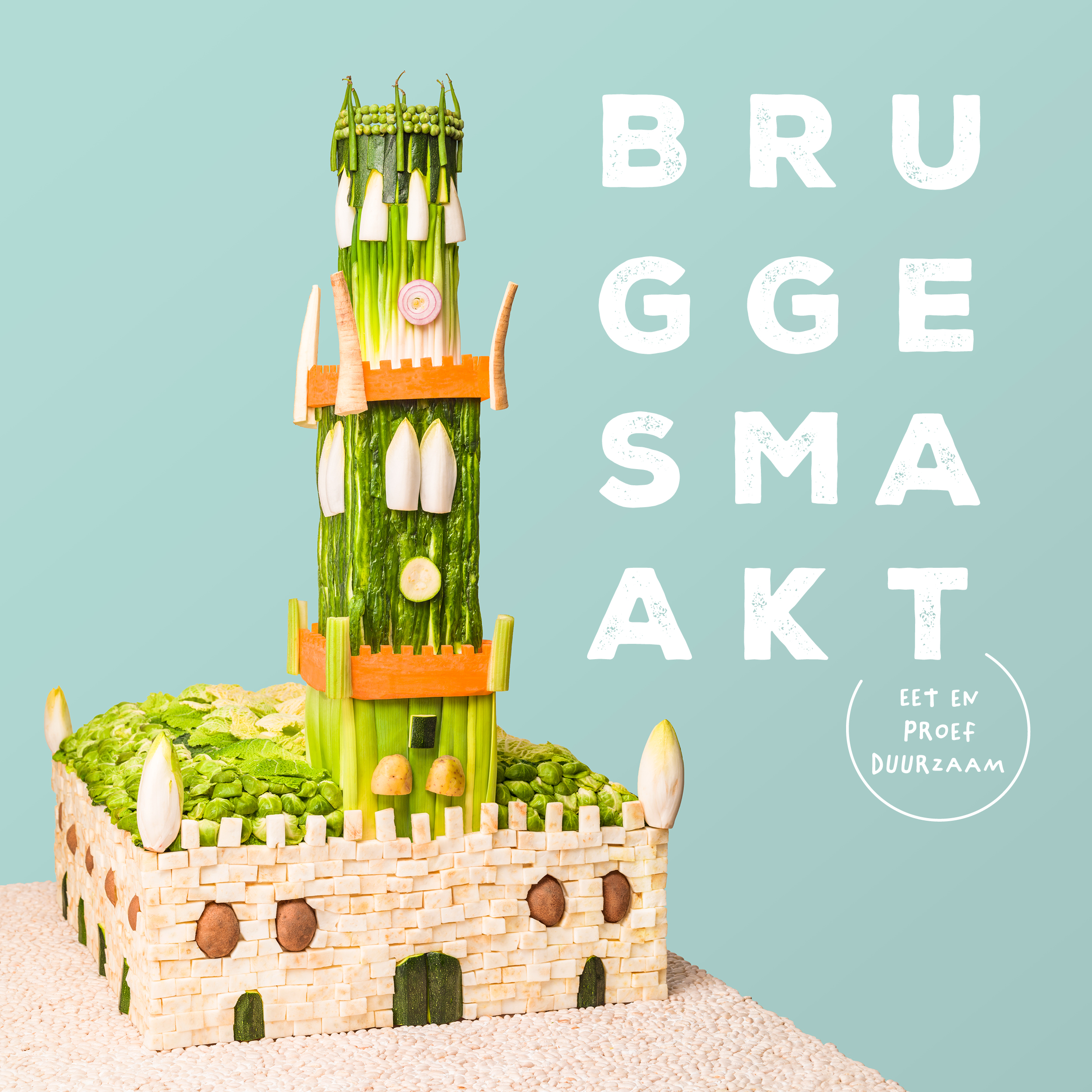O?bin Open Garden (OOO)
05 August 2022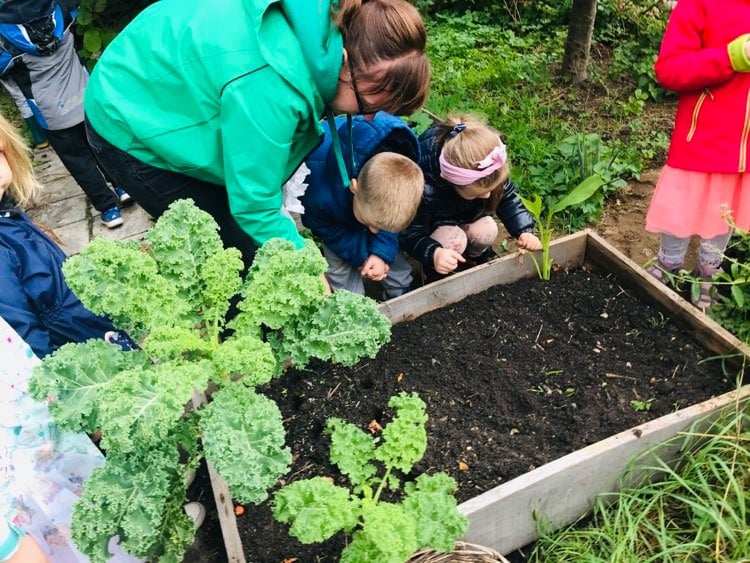
O?bin Open Garden (OOO)
Wroclaw, Poland
THE INNOVATION:
OOO’s activities connect different generations and activate residents to protect green areas, including allotment gardens, against the progressive development of the city and sale to developers. Educational activities focus on combining good, forgotten practices of urban gardening with the current problems faced by today’s city: the atomization of society, shifting responsibility for the environment and climate to “others”, generating mostly CO2 and waste through a consumer lifestyle. In O?bin, the aim is to convert a section of family allotments into an open community garden where we can organize a series of classes such as garden architecture, ecology, gardening and historical walks in the local area.
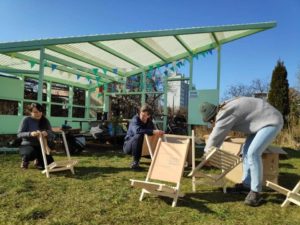
LOOKING AHEAD:
The OOO team dreams of the creation of a network of partner gardens (maturing) across Poland which, thanks to cooperation, regular meetings, joint initiatives, etc. could have a real impact on attitudes to food. This will require close collaboration with local municipalities and NGOs to generate systematic and social change (combining).
More Information:
Contact Person: Albert Mi?ciorak
Email: [email protected]
Info about the Innovators and the Innovation portraits Catalogue
FoodSHIFT 2030 aims to launch an ambitious citizen-driven transition of the European food system towards a low carbon circular future, including a shift to less meat and more plant based diets. This transition is necessary in order to address the pressing challenges for food and nutrition security, contribute to the EU commitment of reducing GHG emissions by at least 40% by 2030, and revitalize urban-rural linkages and partnerships.
To do so, it establishes FoodSHIFT Accelerator Labs for maturing, combining, upscaling and multiplying existing food system innovations across nine front-runner city-regions. In turn these innovations contribute to the FoodSHIFT vision.
An Innovation Catalogue called “Innovation Portraits” was created to snapshot each of the Food Innovations connected with each of the FoodSHIFT Accelerator Labs (FALs) across the 9 city regions.
Info about the Innovation Portraits Catalogue
The Innovation Catalogue will snapshot each of the Food Innovations connected with each of the FoodSHIFT Accelerator Labs (FALs) across the 9 city regions. Each FAL has a dedicated innovation focus and each chapter will present innovation cases from a particular FAL. For each of the innovations presented, a snapshot of the innovation concept and purpose will be given, alongside the key impacts the innovation has in relation to the FoodSHIFT Impact Pathways and the acceleration ambitions of the innovation.
In addition, each innovation portrait is also categorized according to its Innovation Dimension. These dimensions indicate what kind of innovation is being presented, and where in the value chain it plays a role. This is indicated by these tabs. The dimensions are defined as follows:
Product – Innovations in this category address new or updated products, including quality, safety and market impact.
Process – These innovations are relevant to new technologies for processing, logistical improvements, infrastructure and new/improved services.
Social – Innovations in this category are relevant to changes in behaviour (e.g. consumers/citizens), development of new relationships and inclusiveness.
Governance – The innovations address policy developments, including food planning, subsidies, taxing, certificates & labelling.
Learn more about all the Innovation portraits: https://foodshift2030.eu/meet-the-people-changing-your-food-system/
